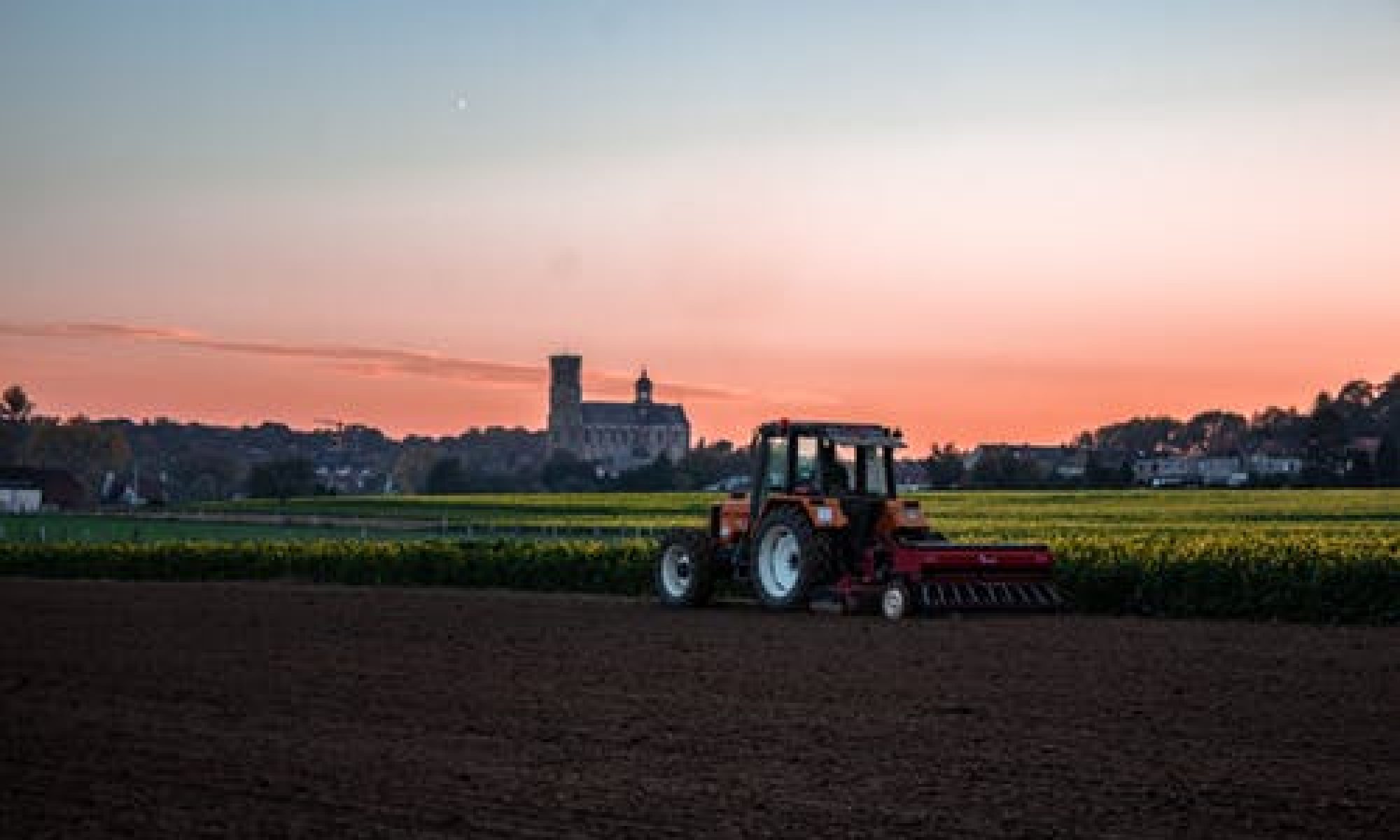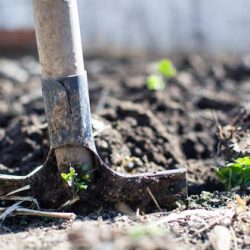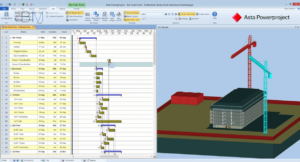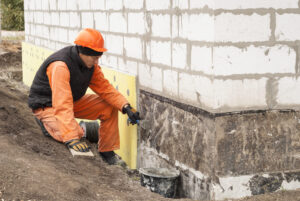In an era where globalization dominates industries, there’s a paradoxical need for localization specialists, even in seemingly remote sectors such as agriculture. Farms, once considered isolated entities, are now deeply integrated into global supply chains. However, this integration doesn’t dismiss the importance of localized expertise. In fact, it underscores it. This article explores the crucial role of localization specialists in modern farming practices, delving into when and why farms would benefit from their expertise.
Understanding Localization in Farming
Before delving into the need for localization specialists, it’s imperative to grasp the concept of localization in farming. In essence, localization refers to the adaptation of farming practices, technologies, and strategies to suit specific geographical, environmental, and socio-economic conditions. While global trends and technologies offer valuable insights, their direct application might not always be feasible or optimal for every farm.
When Does a Farm Need a Localization Specialist?
Adapting to Climate Variability: Climate change has intensified the need for localized farming approaches. Farms experiencing erratic weather patterns, droughts, or floods require tailored solutions. A localization specialist can analyze local climate data, soil conditions, and crop varieties to devise resilient farming strategies.
Navigating Regulatory Compliance: Agriculture is subject to a myriad of regulations, from environmental standards to food safety protocols. Compliance requirements vary between regions, making it challenging for farms to navigate alone. A localization specialist can interpret and implement regulations specific to the farm’s location, ensuring adherence without unnecessary hurdles.
Optimizing Crop Selection: Different regions have distinct soil compositions, temperature ranges, and precipitation levels, influencing crop suitability. A localization specialist can assess these factors and recommend optimal crop varieties for maximum yield and resilience against local pests and diseases.
Customizing Pest and Disease Management: Pest and disease pressures vary greatly across different landscapes. A one-size-fits-all approach to pest management often falls short. Localization specialists can identify prevalent pests and diseases in specific areas and develop targeted control measures, minimizing chemical usage and maximizing effectiveness.
Utilizing Indigenous Knowledge: Indigenous communities possess invaluable knowledge about local ecosystems, crops, and sustainable farming practices. Farms operating in or near indigenous territories can benefit from collaboration with local communities and integration of indigenous knowledge. A localization specialist can facilitate this exchange, fostering mutual learning and sustainable agricultural practices.
Optimizing Water Management: Water availability and usage regulations vary widely between regions, particularly in arid or water-stressed areas. A localization specialist can assess water resources, recommend efficient irrigation techniques, and develop water management plans tailored to local conditions, mitigating water scarcity risks.
Cultural Sensitivity in Marketing: Marketing agricultural products requires a nuanced understanding of local cultures, traditions, and consumer preferences. A localization specialist can craft marketing strategies that resonate with target audiences, leveraging cultural insights to enhance product appeal and market penetration.
Maximizing Resource Efficiency: Sustainable farming entails optimizing resource usage while minimizing environmental impact. A localization specialist can analyze local resource availability, recommend energy-efficient practices, and facilitate the adoption of renewable energy sources, promoting long-term sustainability.
Conclusion
In conclusion, the role of a localization specialist in modern farming cannot be overstated. Farms operating in diverse geographical, regulatory, and socio-economic contexts face unique challenges that demand tailored solutions. From climate adaptation to regulatory compliance and cultural sensitivity in marketing, localization specialists play a pivotal role in optimizing farm efficiency and sustainability. By harnessing local knowledge, adapting global best practices, and fostering community engagement, localization specialists empower farms to thrive in their respective landscapes while contributing to global food security and environmental stewardship. As agriculture continues to evolve amidst shifting global dynamics, the expertise of localization specialists will remain indispensable in shaping the future of farming.











